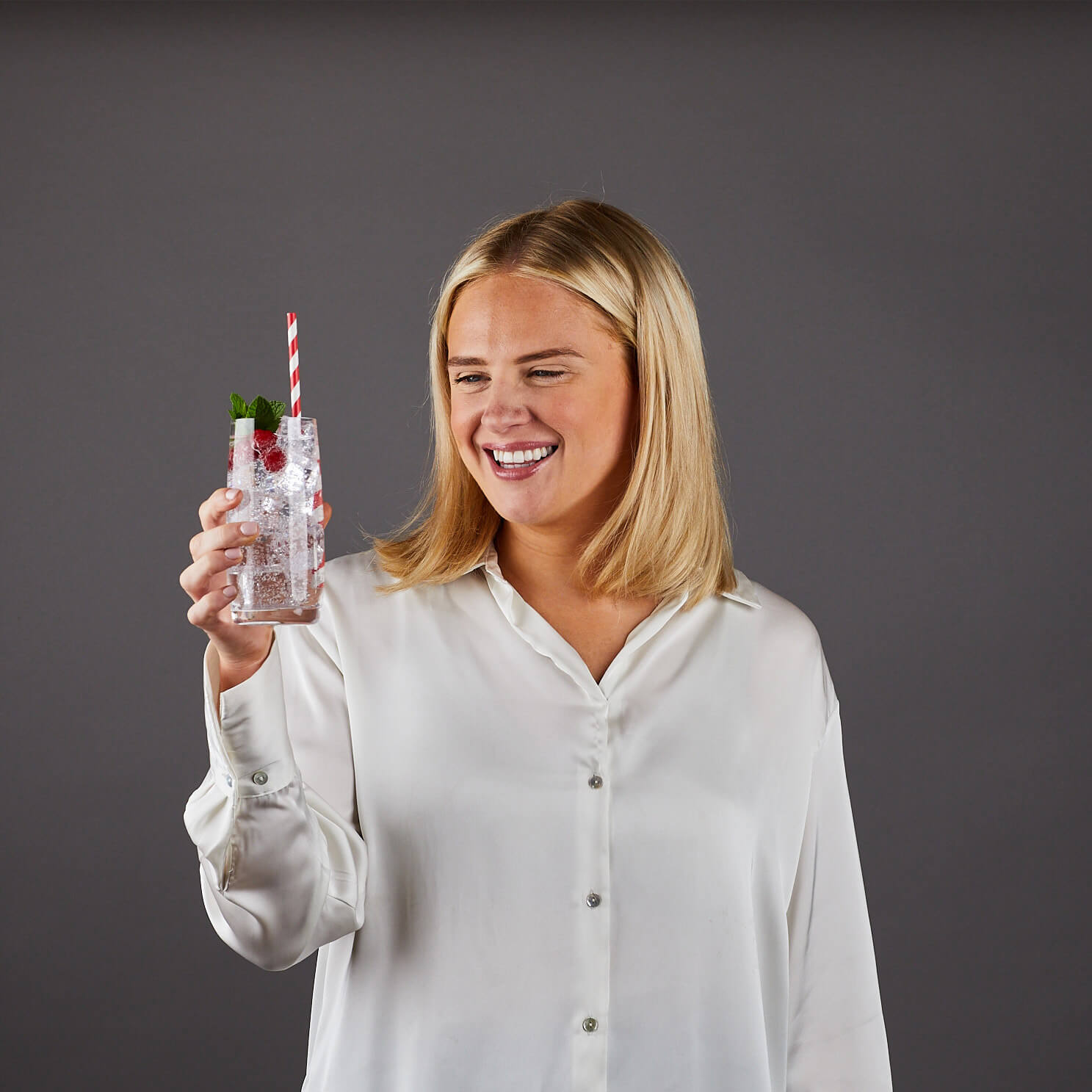Global Success For CO2Sustain
Posted in Press Mentions
Helping keep drinks fizzier
The developers of a patented solution that helps manufacturers of carbonated drinks keep the fizz in their products for longer, have demonstrated their innovative bubble technology to soft drink manufacturers from across sub-Saharan Africa at a conference in Johannesburg.
The CO2Sustain team of Technical Innovations chemists are based in Leeds from where they pioneered the preservative-free, liquid processing aid which uses an exclusive patented formulation to retain the CO2 content and help extend the shelf life of carbonated drinks in PET bottles.
Drinks brands and manufacturers from Tanzania, Uganda, Nigeria and South Africa were shown the scale of the problem and the way in which carbon dioxide loss in soft drinks can be made worse by factors such as temperature, material and density of packaging, time and agitation.
The revolutionary ingredient is proving to be of particular interest to drinks brands and manufacturers in warmer countries. The Yorkshire company is already working with customers across four continents and is now active in 52 countries including Europe, the United States and Latin America, Pakistan, India, Africa and the Middle East. With exports growing 300 per cent annually, the business is planning to move to a new HQ and create a new purpose-built research and development centre by the end of 2019.
Jonathan Stott, business manager for CO2Sustain said:
“Our first South Africa summit proved a resounding success attracting some of the world’s leading drinks brands that are keen to reduce the amount of CO2 lost from their products during the production process. We’re already developing some of the brand new relationships we’ve made and are looking forward to working in partnership with some exciting producers and brands.”
Stott added: “The ongoing issue of rapid carbonation loss in drinks is a problem faced by manufacturers across the world but made significantly worse when producing and distributing in hot climates, where PET bottled drinks are in highest demand. Increased temperatures make the problem of carbon dioxide loss even harder to control.
“The manufacturers we are working with benefit from less waste, lower energy bills, increased product lifespan and improved profitability regardless of location and external influences.”




